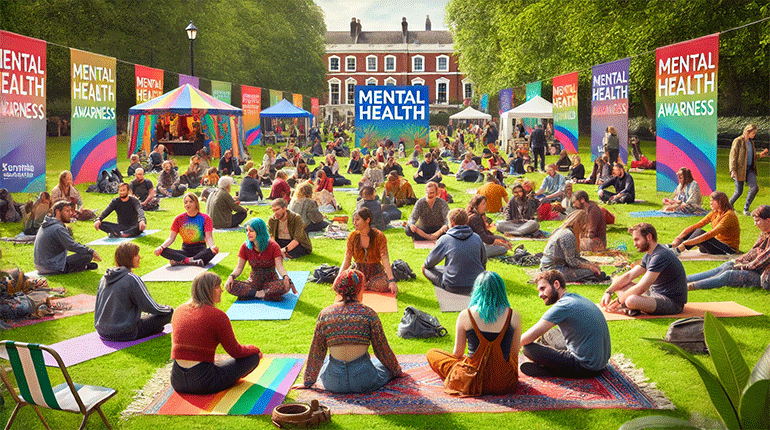Grassroots Mental Health Movements in the UK: How Communities Are Taking Charge
In recent years, grassroots mental health movements have gained significant momentum across the UK. These community-led initiatives are bridging the gaps left by traditional services, fostering a culture of peer support, and ensuring mental health care is accessible, inclusive, and responsive to local needs.
The Rise of Grassroots Movements
Grassroots mental health movements often emerge from the lived experiences of individuals who have faced barriers to accessing formal mental health care. These movements are typically driven by volunteers and advocates who recognize the power of collective action. They operate outside institutional frameworks, allowing for innovation and adaptability.
The UK has seen a proliferation of such initiatives, ranging from informal peer support groups to structured community organizations. These movements aim to:
- Normalize conversations around mental health.
- Provide immediate and localized support.
- Address the stigma associated with mental health issues.
Key Components of Grassroots Movements
Peer Support
Peer-led support groups offer a safe space for individuals to share experiences and learn from others. For example, groups like Mind’s Peer Support Network and Hearing Voices offer tailored support for specific mental health challenges.Creative and Holistic Therapies
Art therapy, yoga sessions, and mindfulness workshops are increasingly popular in grassroots initiatives. These activities promote healing in ways that traditional therapy might not, particularly for communities hesitant to engage with formal mental health services.Cultural Sensitivity
Grassroots movements often cater to the unique needs of minority and marginalized groups. Organizations like Black Minds Matter UK and Khushi address the cultural nuances of mental health within the Black and South Asian communities, respectively.Youth Engagement
With rising mental health issues among young people, movements such as Young Minds and local youth clubs are pivotal in providing early intervention and creating a sense of belonging.
Examples of Impact
In Oldham, where local mental health challenges reflect broader national trends, community groups have organized mental health fairs, “walk and talk” events, and online support networks. These initiatives have significantly increased community cohesion and awareness.
Similarly, projects like The Men’s Shed offer a lifeline for men who might struggle to open up in traditional settings. By combining practical activities with conversation, these groups create a supportive environment that resonates with participants.
Challenges and Opportunities
Grassroots mental health movements face several challenges, including limited funding, reliance on volunteers, and navigating the complexities of mental health care. However, their flexibility and ability to respond swiftly to community needs make them invaluable.
With increased recognition and support from policymakers, these movements could play a critical role in the broader mental health ecosystem. Partnerships between grassroots organizations and formal services can ensure that no one falls through the cracks.
The Path Forward
The UK’s grassroots mental health movements exemplify the power of community in fostering resilience and recovery. As these initiatives grow, they remind us that mental health is not just a clinical issue but a communal one. By empowering communities to take charge, these movements are creating a brighter, more inclusive future for mental health care.
This approach serves as a model for how grassroots efforts can complement and enhance formal systems, ensuring everyone has the support they need to thrive.


